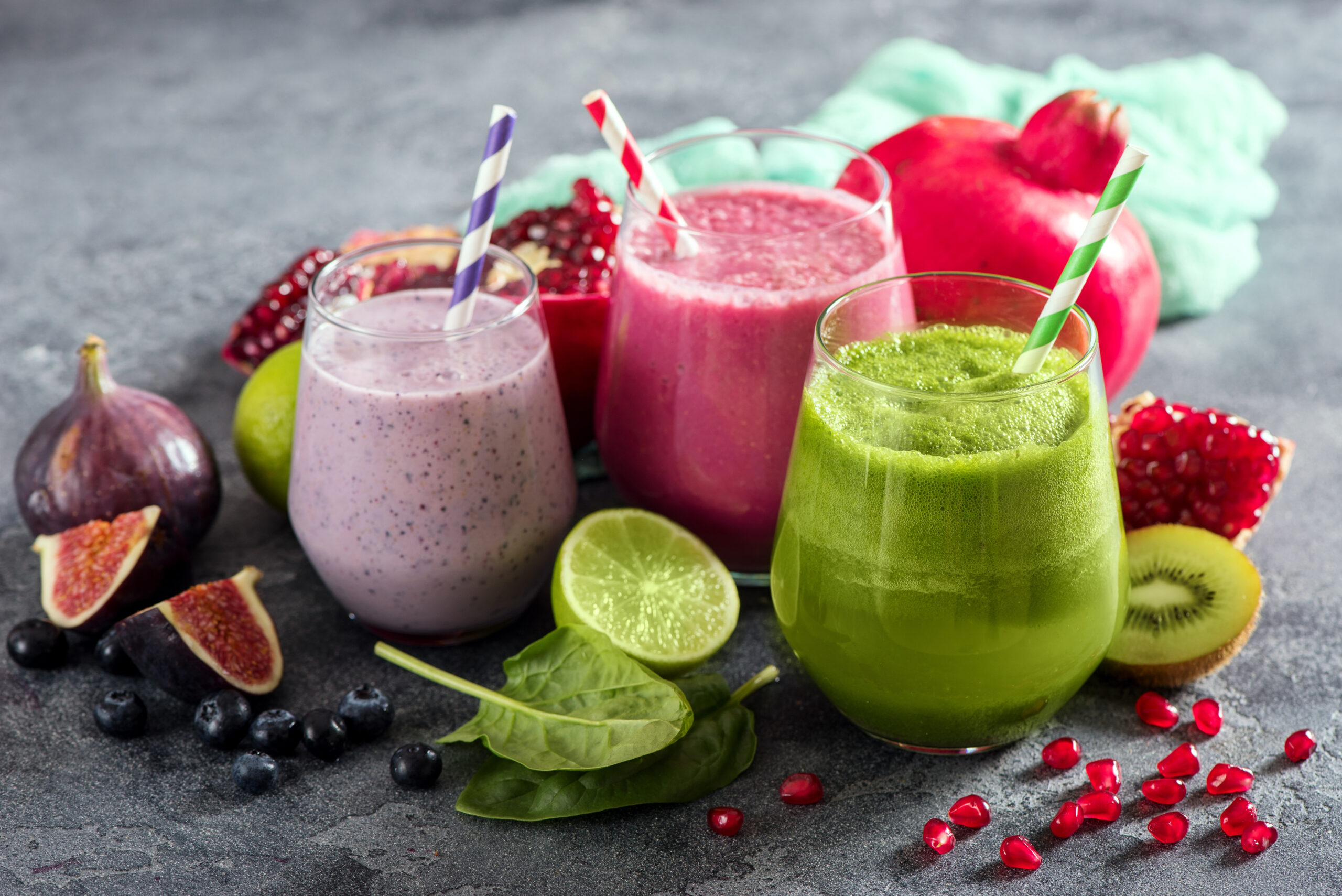Processed foods have become a staple in many diets, but they often contain ingredients that can harm your digestive system. From artificial sweeteners to preservatives, these ingredients can cause inflammation, disrupt gut bacteria, and trigger digestive issues. In this article, we’ve compiled a list of 10 common ingredients in processed foods that can harm your digestive system. By understanding the impact of these ingredients on your health, you can make informed choices and protect your digestive health.
Contents
High Fructose Corn Syrup (HFCS)

Often used as a sweetener in sodas, candies, and many processed foods, HFCS can wreak havoc on the digestive system. It is absorbed more rapidly than regular sugar and can cause imbalances in gut flora. Overconsumption can lead to gas, bloating, and even diarrhea.
Artificial Sweeteners

Found in various diet and sugar-free products, artificial sweeteners like aspartame, saccharin, and sucralose can disrupt the balance of gut bacteria. This imbalance can lead to a range of digestive problems, from bloating and gas to altered bowel habits.
Trans Fats

Identified on ingredient lists as partially hydrogenated oils, trans fats are notorious for their negative health impacts, including on the digestive system. They can reduce the beneficial bacteria in the gut, leading to imbalances that can promote inflammation and hinder nutrient absorption.
Sodium Benzoate

This common preservative found in many processed foods can produce benzene when combined with vitamin C. Benzene is a known carcinogen, and while the amounts produced are typically low, its presence can irritate the stomach lining, leading to discomfort and digestive distress.
Artificial Colors

While they make foods more visually appealing, artificial colors like Red 40, Yellow 5, and Blue 1 have been linked to various health issues. Some individuals may be particularly sensitive to them, experiencing stomach aches, hyperactivity, and other digestive disturbances.
Soy Lecithin
Commonly used as an emulsifier in chocolates, margarines, and many baked goods, soy lecithin can be problematic for those with soy allergies or sensitivities. Even if not allergic, some individuals report gut discomfort, including diarrhea, following its consumption.
Monosodium Glutamate (MSG)

A flavor enhancer prevalent in many processed foods and some restaurant dishes, MSG can cause “Chinese Restaurant Syndrome” in sensitive individuals, which includes symptoms like bloating, gas, and severe headache.
Sulfites

These are sulfur-based compounds used as preservatives in a range of foods, including dried fruits and wines. For those sensitive to sulfites, consumption can lead to stomach cramps, hives, and even breathing difficulties.
Guar Gum

Used as a thickening agent in many processed foods, guar gum can cause digestive disturbances in some people. Though it’s a fiber, in large amounts, it can lead to gas, bloating, and diarrhea, especially in those with sensitive digestive systems.
Carrageenan

Found in many dairy alternatives and processed foods as a thickener, carrageenan has been associated with inflammation in the gut, leading to symptoms like bloating, gas, and cramping.
More from AisleOfShame
The Forbidden Foods: 10 Items to Cut from Your Diet for Better Blood Pressure

High blood pressure, also known as hypertension, is a common condition that affects millions of people worldwide. While medication can help manage hypertension, making changes to your diet can also have a significant impact.Read more.
10 Superfood Additions to Amplify Your Smoothie’s Health Quotient

Smoothies are a delicious and convenient way to pack in a variety of nutrients and boost your health. But if you’re looking to take your smoothie game to the next level, adding superfoods can help you get even more benefits in every sip. Read more.
10 Quick Meals to Prepare with Just Five Ingredients

We all lead busy lives, and sometimes it can be a challenge to find the time and energy to prepare a meal from scratch. That’s where quick and easy recipes come in handy. Read more







